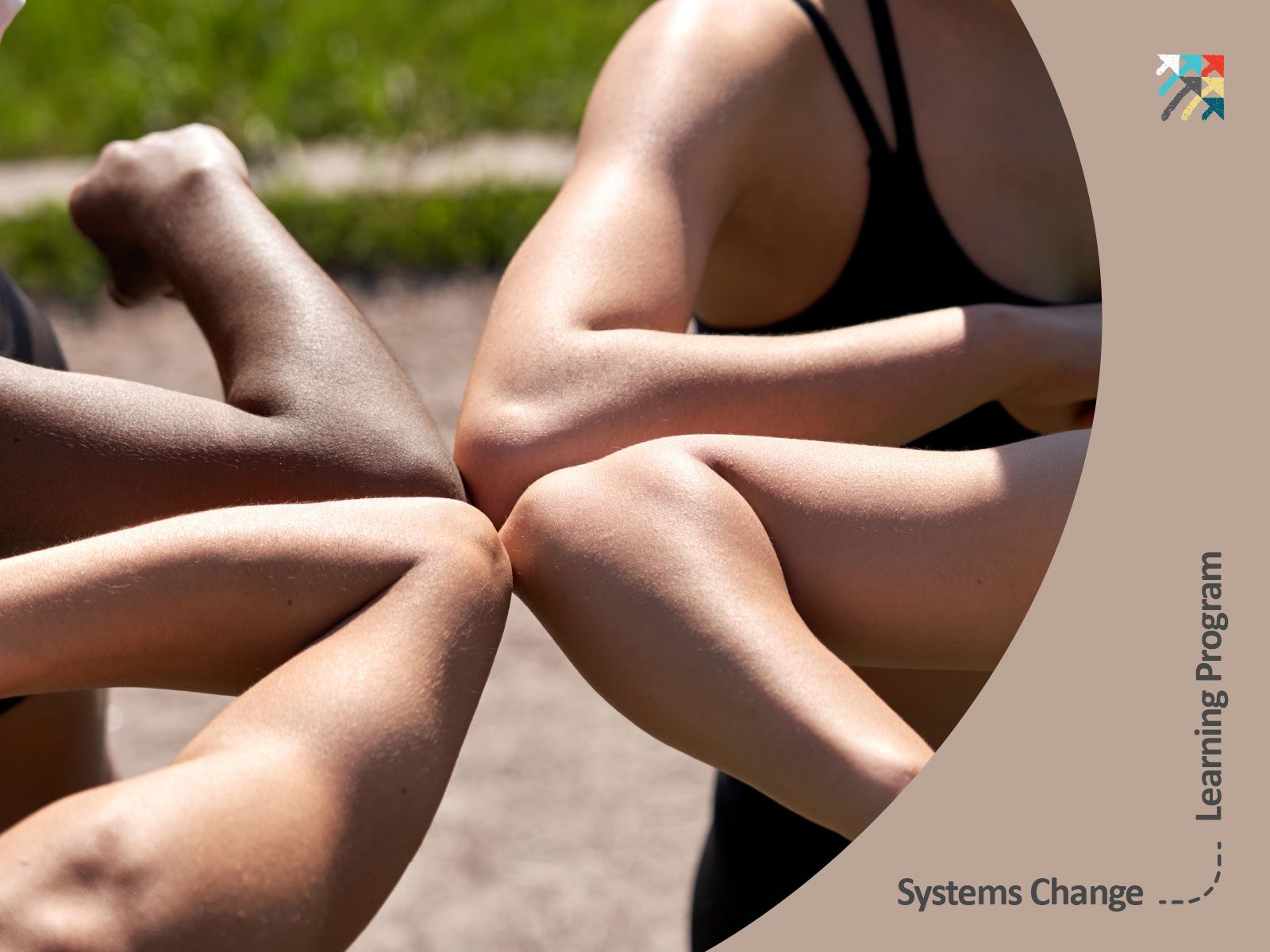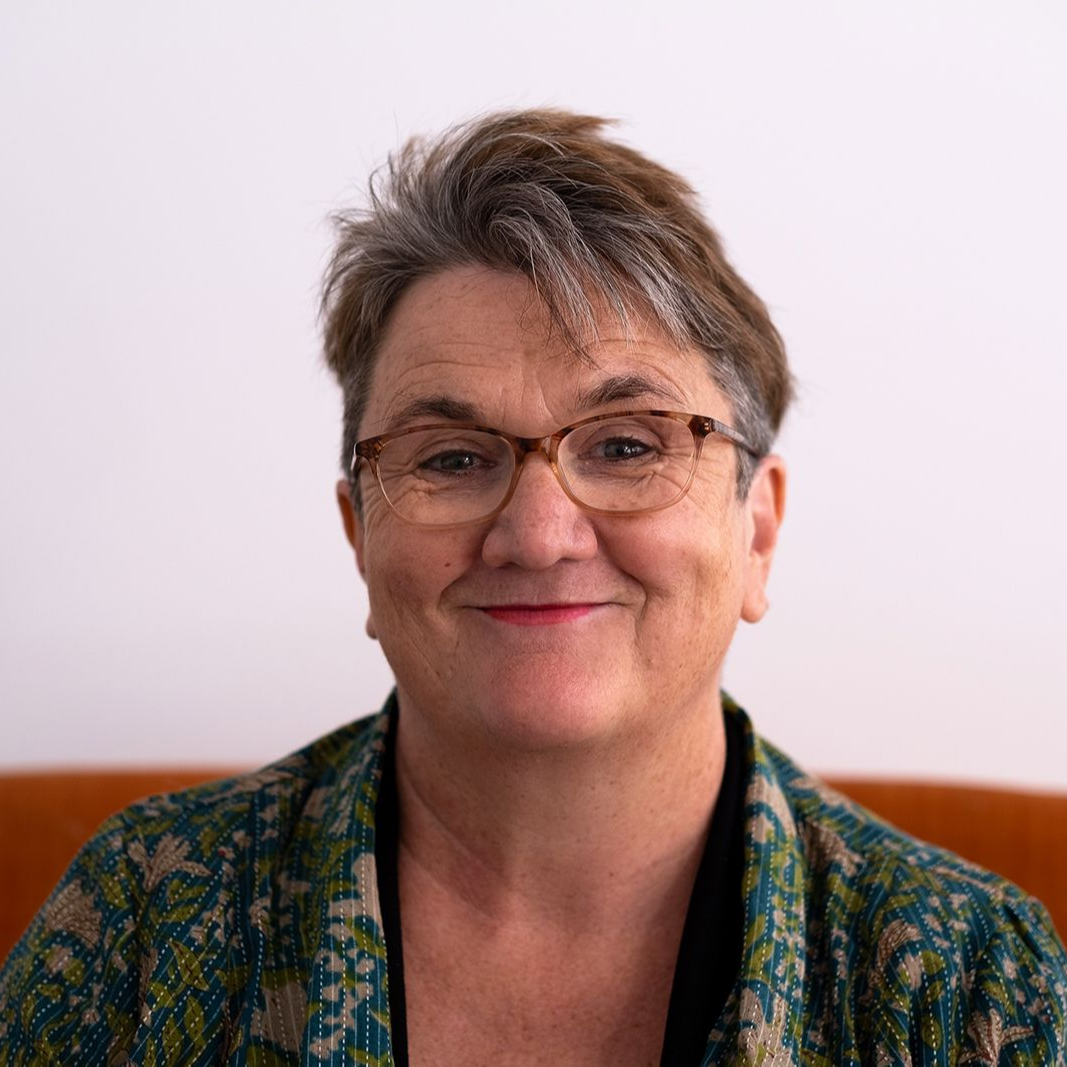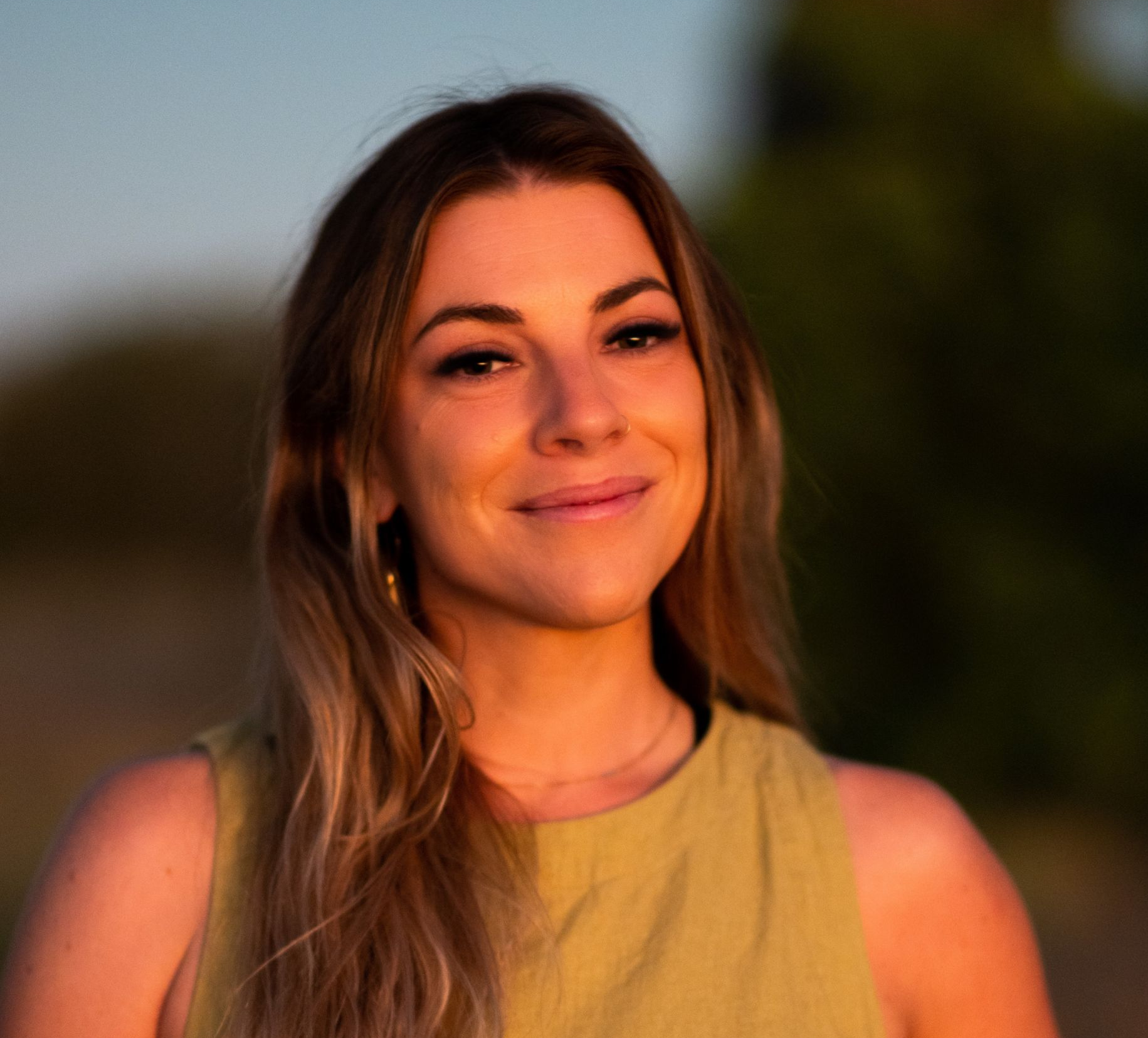Power and Leadership for Collaborative Change
Designed and delivered by Liz Skelton – Co-Founder & Chair, Collaboration for Impact with co-facilitator Kate Williams – Collaborative Change Practitioner, CFI.
Hosted by Collaboration for Impact.
Course details are on the website: https://collaborationforimpact.com/listing/working-with-power-in-collaboration/
Throughout the workshop series you will:
- Deepen your understanding and awareness of how to tackle your organisation or your initiative’s adaptive leadership challenges.
- Develop your personal and positional sense of power to use it more effectively.
- Deepen awareness to be able to work effectively with diverse stakeholders.
- Learn how to build authorising conditions for collaborative change, so you have the people and power needed to effect change.
- Learn how to work with power tensions as they arise
- Develop your personal and positional sense of power to use it more effectively.
- Deepen awareness to be able to work effectively with diverse stakeholders.
- Learn how to build authorising conditions for collaborative change, so you have the people and power needed to effect change.
- Learn how to work with power tensions as they arise
Hosted by Collaboration for Impact.
Course details are on the website: https://collaborationforimpact.com/listing/working-with-power-in-collaboration/
-
Format
Online delivery with live sessions by Zoom; supported by coursework -
Dates
18th and 25th May,
9 am to 5 pm AEDT -
Fees
Per person + GST
Standard $ 800Not-for-profit $ 690Group discount (bookings of 3+) $ 600

Meet the instructors

Liz Skelton
Co-Founder & Director, Collaboration for Impact


